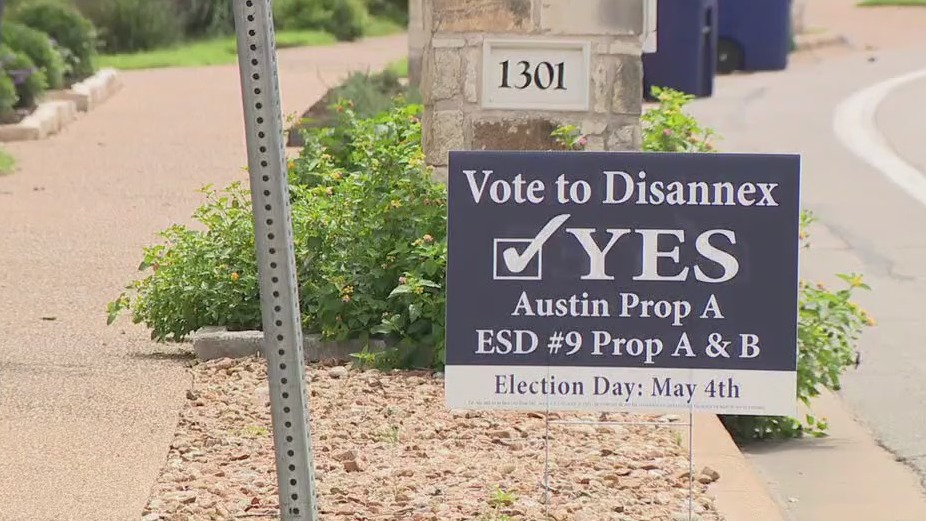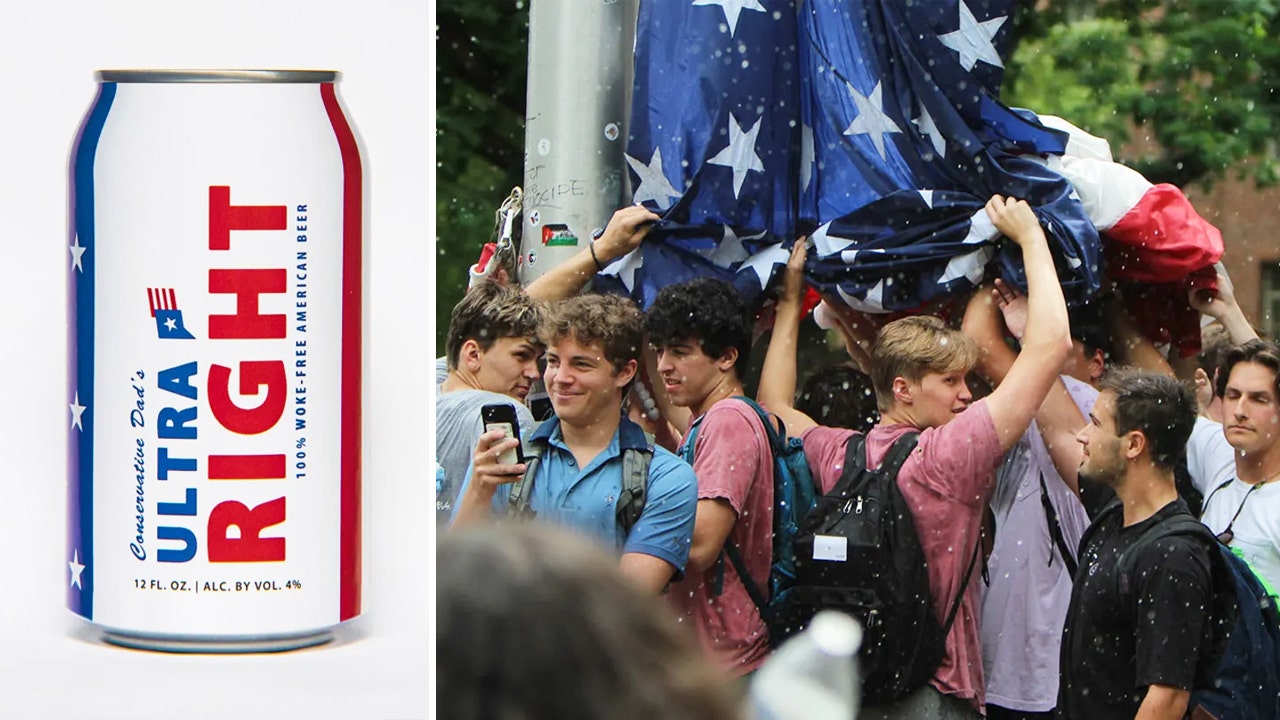World
US Supreme Court reinstates ‘ghost gun’ rule struck down by lower court

US Department of Justice says more than 19,000 firearms without serial numbers were seized in crime probes in 2021.
The US Supreme Court has temporarily reinstated a rule cracking down on the proliferation of firearms without serial numbers, known as “ghost guns”, reversing a ruling by a lower court.
In a narrow 5-4 decision on Tuesday, the nation’s highest judicial body ruled to keep in place regulations introduced by the administration of President Joe Biden to restrict “ghost guns”, which can be constructed from separate parts or put together using 3D printers.
The ruling is only temporary, though, while the government appeals the lower court’s decision.
Gun rights advocates and businesses had challenged the new rule, arguing the “ghost gun” restriction would violate the Second Amendment right to bear arms.
But Solicitor General Elizabeth Prelogar — the Biden administration’s top lawyer for the Supreme Court — argued that the temporary reinstatement of the “ghost gun” rule would not disadvantage those groups.
“The public-safety interests in reversing the flow of ghost guns to dangerous and otherwise prohibited persons easily outweighs the minor costs that respondents will incur,” she said in a court filing.
More than 19,000 “ghost guns” were seized in criminal investigations in 2021, a tenfold increase in a period of about five years, according to the US Department of Justice.
Issued last year, the Biden administration’s new rule expanded the federal definition of a firearm to include unfinished gun parts used in “ghost guns”. That, in turn, required licensing and serial numbers for the parts, in an effort to trace them more easily.
The rule does not bar people from buying kits of equipment that can be used to assemble a gun. Rather, it requires manufacturers to run background checks prior to sales as they do with most commercial firearms.
A Reuters/Ipsos poll completed on Tuesday found strong support for such restrictions, with 70 percent of respondents saying “ghost guns” should be required to have serial numbers and should only be produced by licensed manufacturers.
“It’s common sense: Ghost guns ARE guns, and they should be serialized and regulated as such,” the pro-gun control group Giffords said in a social media post on Tuesday. It had filed an amicus brief in support of the administration’s rule.
But in June, US District Judge Reed O’Connor struck down the Biden administration’s rule, saying it exceeded the authority granted to the federal Bureau of Alcohol, Tobacco, Firearms and Explosives.
Lawyers for pro-gun and business advocacy groups made similar arguments before the Supreme Court, after the Biden administration requested a temporary injunction on the lower-court ruling. They said the bureau was out of step with established regulatory practices.
But the Supreme Court, despite its firmly conservative 6-3 majority, ultimately ruled in favour of the Biden administration’s request on Tuesday. Conservative Justices John Roberts and Amy Coney Barrett sided with the court’s three liberal justices, allowing the rule to remain in place while the appeals process took place in the 5th US Circuit Court of Appeals in New Orleans.
The Supreme Court, however, has recently ruled to curtail firearm regulations in other cases, despite concerns over public safety.
In June 2022, the court limited the ability of legislators to restrict people from carrying guns in public spaces, a move that galvanised pro-gun groups and spurred a push to roll back existing regulations.

World
German socialist candidate attacked before EU elections

Matthias Ecke, a member of Germany’s centre-left Social Democratic Party, was attacked on Saturday while out campaigning.
A candidate for Chancellor Olaf Scholz’s centre-left party in next month’s European Parliament election has been seriously injured while campaigning in eastern Germany, the party said on Saturday.
Matthias Ecke, a Social Democrats (SPD) candidate, was attacked while putting up political posters in Dresden on Friday evening, according to the party.
He was taken to hospital and required surgery for his injuries, it said.
Police said the 41-year-old was hit and kicked by four men and that the same group had apparently attacked a Green Party worker minutes before in the same street.
Interior Minister Nancy Faeser, also a Social Democrat, said if it’s proven that the assault on Ecke was politically motivated, it would represent “a serious attack on democracy.”
The attack was the latest in a series of incidents raising political tensions in Germany ahead of the European Parliament election.
Scholz’s SPD launched their official campaign for the 9 June vote with a rally last week in Hamburg, where the German leader grew up.
“We are experiencing a new dimension of anti-democratic violence,” Faeser said.
She promised “tougher action and further protective measures for the democratic forces in our country.”
Government and opposition parties say their members and supporters have faced a wave of physical and verbal attacks in recent months and have called on police to step up protection for politicians and election rallies.
Many of the incidents have occurred in the former communist east of the country, where the far-right Alternative for Germany party (AfD) is expected to make gains in the European elections and upcoming votes in Germany.
Last week, the car carrying the vice-president of the German parliament, Katrin Goering-Eckardt of the Greens, was surrounded for nearly an hour by protesters as she tried to leave a rally.
The opposition Christian Democrats and the Left party say their workers have also faced intimidation and seen their posters ripped down.
Mainstream parties accuse the AfD of links to violent neo-Nazi groups and of fomenting an increasingly harsh political climate. A prominent AfD leader, Bjoern Hoecke, is currently on trial accused of using a banned Nazi slogan.
Germany’s domestic intelligence service has placed some chapters of the party under surveillance.
The branch of the Social Democrats in Saxony state, where Ecke is their lead candidate for the European elections, said their campaign would go on despite “fascist methods” of intimidation.
“The seeds that the AfD and other right-wing extremists have sown are germinating,” the branch leaders, Henning Homann und Kathrin Michel, said in a joint statement. “These people and their supporters carry responsibility for what is happening in this country.”
World
Trump, RNC Raise Over $76 Million in April, Half From Small Donors
World
North Korea propaganda song praising Kim Jong Un goes viral on TikTok

A song that praises North Korean dictator Kim Jong Un has gone viral on TikTok.
“Let’s sing Kim Jong Un, the great leader,” the song called “Friendly Father” says, according to BBC News. “Let’s brag about Kim Jong Un, our friendly father.”
“Is this a single or where can I get the whole album,” one TikToker joked. Another said, “It’s so dystopian in the catchiest way.”
“I don’t really like Kim Jong Un but he was really cooking on this song,” another said.
KIM JONG-UN PROMISES ‘DEATH BLOW’ TO POTENTIAL ENEMIES, IGNORES BIDEN’S REQUEST FOR COOPERATION
North Korea’s new song about Kim Jong Un, “Friendly Father,” has gone viral on TikTok. (API/Gamma-Rapho via Getty Images)
South Korean pop, or K-pop, and Western music are banned inside North Korea, and some defectors have cited illegally listening to outside music as a factor in their decision to defect.
“When you listen to North Korean music, you have no emotions,” North Korean defector Ryu Hee-Jin told The Washington Post in 2019. “But when you listen to American or South Korean music, it literally gives you the chills. The lyrics are so fresh, so relatable. When kids listen to this music, their facial expressions just change.”
NORTH KOREA’S KIM PUTS WEST ON NOTICE BY OPERATING ‘WORLD’S MOST POWERFUL’ TANK DURING LIVE FIRE EXERCISES
Of “Friendly Father,” Peter Moody, a North Korea expert at Korea University, told BBC News, “The song has Abba written all over it. It’s upbeat, it could not be more catchy and a rich set of orchestral-sounding sequences could not be more prominent.”

Some North Korean defectors have cited listening to K-pop music like the group BTS as helping them decide to defect. (Han Myung-Gu/WireImage)
Alexandra Leonzini of Cambridge University told the outlet North Korean authorities would have sought to make an “earworm” song with simple lyrics that’s easy to sing.
“All artistic output in North Korea must serve the class education of citizens and more specifically educate them as to why they should feel a sense of gratitude, a sense of loyalty to the party,” she said.

Defectors have said the government plays propaganda songs every morning throughout the country, citizens are taught choreographed dances to the songs and the lyrics are printed in newspapers. (KCNA via REUTERS)
Defectors have said the government plays propaganda songs every morning throughout the country, citizens are taught choreographed dances to the songs and the lyrics are printed in newspapers.
“By the time the song has sort of been taken into the body, it’s become part of the person,” Keith Howard, a professor at the London School of African and Oriental Studies, said. “So, they know the lyrics so well, even if they’re just doing the actions, even if they’re just listening to it. A good ideological song does that. It needs to embed the message.”
-

 News1 week ago
News1 week agoFirst cargo ship passes through new channel since Baltimore bridge collapse
-

 World1 week ago
World1 week agoHaiti Prime Minister Ariel Henry resigns, transitional council takes power
-

 Movie Reviews1 week ago
Movie Reviews1 week agoAbigail Movie Review: When pirouettes turn perilous
-

 World1 week ago
World1 week agoEU Parliament leaders recall term's highs and lows at last sitting
-

 Movie Reviews1 week ago
Movie Reviews1 week agoCity Hunter (2024) – Movie Review | Japanese Netflix genre-mix Heaven of Horror
-

 Politics1 week ago
Politics1 week ago911 call transcript details Democratic Minnesota state senator’s alleged burglary at stepmother's home
-

 Politics1 week ago
Politics1 week agoGOP lawmakers demand major donors pull funding from Columbia over 'antisemitic incidents'
-

 Science1 week ago
Science1 week agoOpinion: America's 'big glass' dominance hangs on the fate of two powerful new telescopes

















